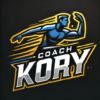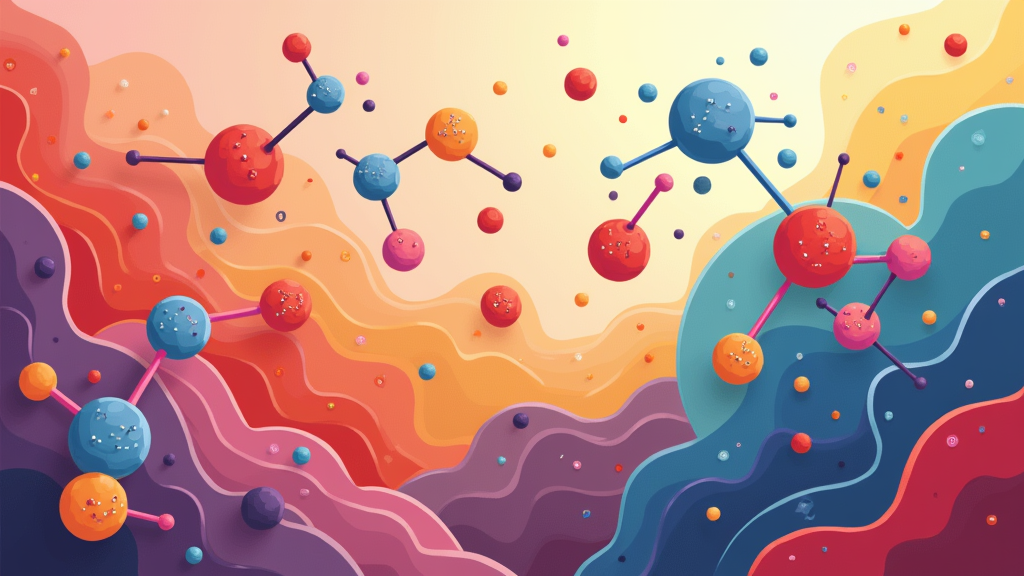Vitamins and minerals are essential for body shaping, influencing metabolism, muscle synthesis, recovery, and energy levels. Many people focus solely on exercise and protein intake, overlooking these crucial nutrients. This article explores their importance and how to incorporate them into your diet to support fitness goals and overall well-being.

Essential Nutrients for Body Shaping
Shaping your body involves more than intense workouts; nutrition plays a vital role. Vitamins and minerals aid muscle growth, fat metabolism, and energy production, ensuring effective training and recovery. Key nutrients include:
- Vitamins D, C, and B-complex: Support metabolism and muscle repair.
- Calcium, magnesium, and iron: Essential for muscle contraction, bone strength, and oxygen transport.
By tailoring your diet to meet nutrient needs, you enhance energy levels and gym performance.
Understanding Vitamins and Minerals
Vitamins are organic compounds that support energy production and muscle repair, while minerals regulate hydration, nerve signals, and muscle contraction. For example:
- Vitamin D: Supports bone strength and muscle function.
- Magnesium: Aids muscle contractions and reduces post-workout soreness.
- Iron: Ensures efficient oxygen transport for optimal performance.
Nutrient absorption varies based on gut health and meal composition, emphasizing the need for a balanced diet.
Nutrient Planning for Body Shaping
To optimize your nutrient intake:
- Eat a variety of whole foods: Focus on fruits, vegetables, whole grains, and lean proteins.
- Monitor intake: Use an app or food diary to track nutrients.
- Pair nutrients wisely: For example, vitamin D enhances calcium absorption.
- Stay hydrated: Water is crucial for nutrient transport.
- Listen to your body: Energy levels and recovery speed indicate nutritional sufficiency.
Supplementing Your Diet
While whole foods should be the primary nutrient source, supplements can help fill gaps. Consider:
- Dosage and safety: Avoid excessive intake, especially of fat-soluble vitamins (A, D, E, and K).
- Absorption factors: Fat-soluble vitamins require dietary fats for absorption.
- Nutrient interactions: Excess iron can hinder calcium absorption.
- Personal needs: Consult a professional for tailored guidance.
Advanced Nutritional Strategies
Fine-tuning nutrient timing can enhance muscle gain and fat loss. Strategies include:
- Adjusting intake based on workouts: Increase magnesium and B vitamins on resistance training days.
- Timing nutrients for recovery: Vitamins C and E help reduce post-exercise oxidative stress.
- Cycling supplements: Some athletes vary intake to prevent adaptation, though professional guidance is recommended.
Key Vitamins and Minerals for Body Shaping
- Vitamin D: Strengthens bones and muscles.
- Vitamin C: Supports collagen production and recovery.
- B Vitamins: Convert food into energy.
- Calcium: Essential for muscle contraction and bone strength.
- Magnesium: Regulates muscle contractions and nerve function.
- Iron: Facilitates oxygen transport for endurance.
FAQs
- How do vitamins and minerals support muscle growth? They fuel metabolism, aid muscle repair, and enhance performance.
- Can supplements replace a nutrient-rich diet? No, whole foods provide additional benefits like fiber and antioxidants.
- Signs of nutrient deficiencies? Fatigue, slow recovery, and reduced performance.
- How to avoid excessive intake? Follow recommended allowances and monitor levels with professional guidance.
Final Thoughts
Understanding vitamins and minerals is as crucial as training itself. A nutrient-rich diet, supplemented as needed, optimizes body shaping efforts. By aligning nutrition with workout goals and making adjustments based on progress, you enhance performance, recovery, and overall well-being. Your diet should work as hard as you do in the gym, supporting long-term success in body shaping.


